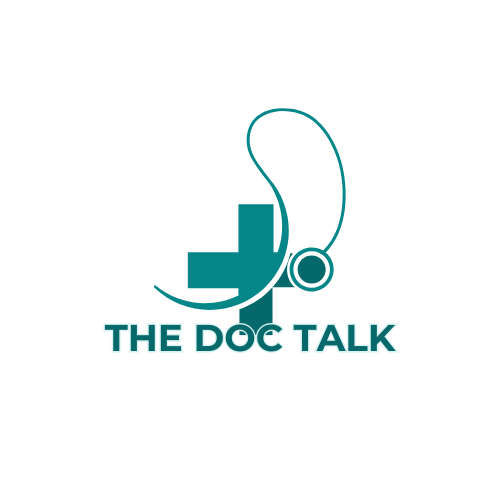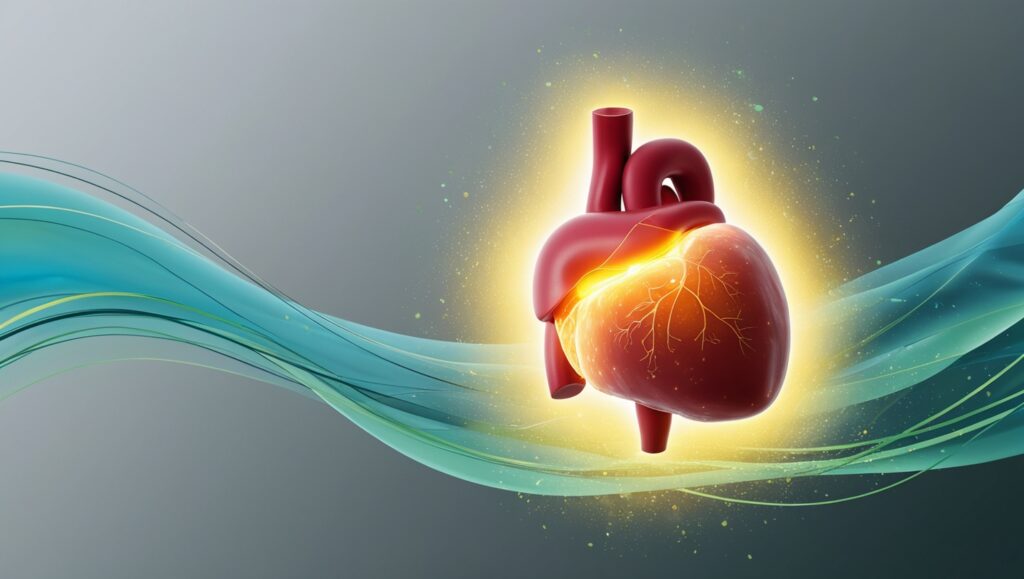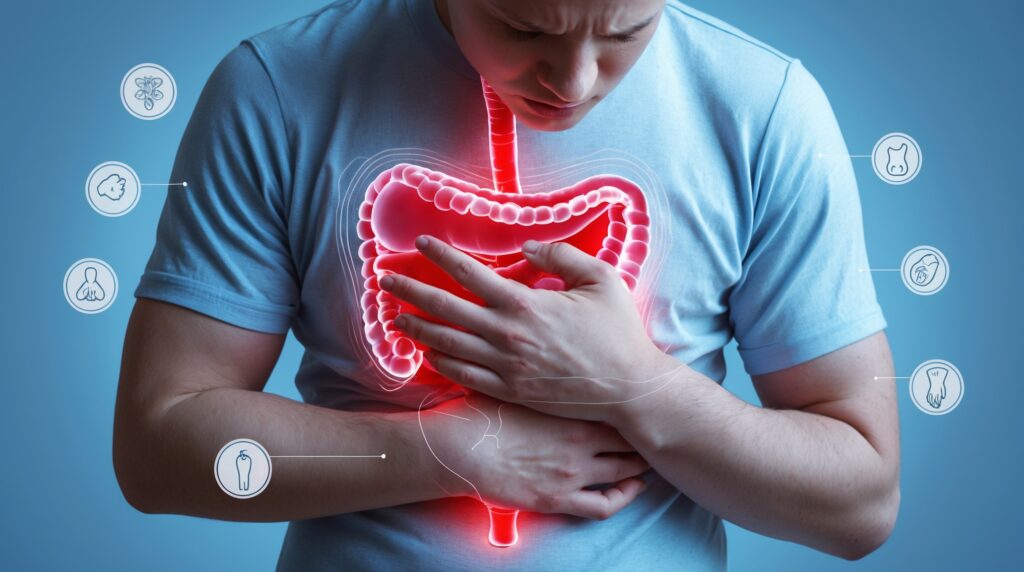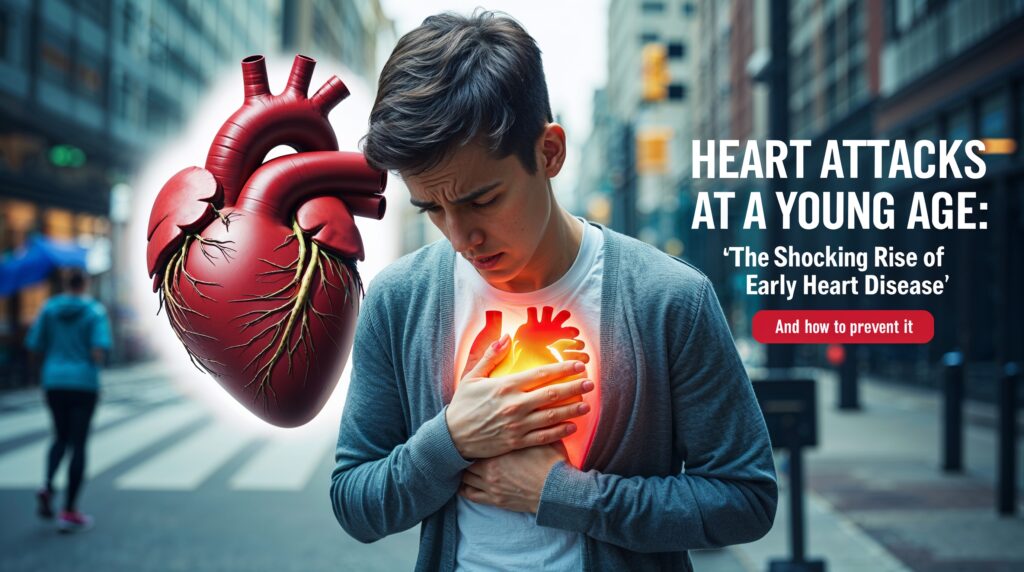
Introduction
Your kidneys are like your body’s natural filters, removing toxins and extra fluid from your blood. They also help to control blood pressure, produce red blood cells, and maintain electrolyte balance. However, when they start to fail, the damage can progress silently, often without noticeable symptoms in the early stages. Kidney disease affects millions of people worldwide, and many people don’t realize they have kidney problems until it’s too late. That’s why recognizing the early signs of kidney disease is very crucial. It can help prevent further damage and improve treatment outcomes.
What is kidney disease?
Kidney disease occurs when the kidneys lose their ability to function properly and lead to the accumulation of waste and excess fluids in the body.
There are two types of kidney disease
Chronic Kidney Disease (CKD) – CKD is a long-term condition where kidney function is gradually lost over time. It is often caused by hypertension or diabetes
Acute kidney disease – a sudden loss of kidney function due to infection, dehydration, or injury. It requires immediate medical attention
Several factors can contribute to kidney disease, including diabetes, hypertension, obesity, and genetic conditions. However, early intervention can slow or even prevent its progression.
Why early detection is important
Catching kidney disease early allows for :
Slowing disease progression – With lifestyle changes and medication, kidney damage can be controlled.
Preventing complications: Kidney damage can lead to anemia, heart disease, and bone problems.
Better treatment options – the earlier it is diagnosed, the more effective it is.
Ignoring the signs can lead to serious consequences, including the need for dialysis or a kidney transplant.
Common early signs of kidney disease
These are the common early signs of kidney disease
1. Fatigue and Weakness
One of the earliest and most common signs of kidney disease is constant fatigue. Your kidneys produce a hormone called erythropoietin, which helps make red blood cells. When they are not functioning well, you can develop anemia, leading to
- Low energy levels
- Weakness
- Difficulty concentrating
This overwhelming tiredness can be mistaken for general exhaustion, making it easy to overlook.

2. Changes in Urination
Your kidneys regulate urine production, so any change in urination can signal a problem. Watch out for:
- Frequent urination, especially at night (a condition called nocturia )
- Foamy or bubbly urine, which may indicate excess protein
- Dark, brown, or blood streaked urine, showing signs of kidney damage
- Reduces urination, meaning your kidneys are not filtering properly

If you notice these changes persist for weeks, then consult a doctor
3. Swelling in Hands, Feet, and Face
Kidney disease can cause fluid retention, leading to swelling in the :
- Feet and ankles
- Hands and fingers
- Face, particularly around the eyes
This swelling occurs because your kidney fails to remove excess sodium and fluid, causing puffiness. If you notice persistent swelling, it could indicate a kidney issue.

4. Persistent Itching and Dry Skin
Kidneys also help balance minerals and remove toxins from your blood. When it fails, waste and toxins build up in the body, leading to:
- Sever itching
- Dry, flaky skin
- Rashes
This is often due to an imbalance of calcium and phosphorus, which can damage bones and skin over time.

5. High Blood Pressure
Your kidneys and blood pressure are closely linked. When kidneys function decline. Your blood pressure can increase, leading to further kidney damage. Hypertension is both a cause and a symptom of kidney disease, creating a dangerous cycle that can accelerate organ failure.

6. Shortness of Breath
If shortness of breath occurs even after a minor activity. This could be due to :
Fluid buildup in the lungs due to kidney dysfunction.
Anemia, which reduces oxygen flow in your body.
If breathlessness, especially accompanied with swelling, is a red flag for kidney disease.

Metallic taste and bad breath
A strange metallic taste in your mouth or an ammonia-like breath can occur when kidney disease progresses. This happens due to uremia, a condition where waste products build up in the blood.

8. Nausea and Vomiting
Waste accumulation can make you feel nauseous or lead to loss of appetite. If you often feel sick, especially in the morning, it may be a sign that your kidneys are not filtering properly.

9. Muscle Cramps and Restless Legs
Electrolyte imbalance, particularly low calcium or high potassium levels, can trigger:
- Muscles cramps
- Restless leg syndrome
- Twitching
These symptoms often worsen at night.

10. Trouble Sleeping
When toxins build up, they can disrupt sleep cycles, leading to insomnia or restless sleep. Some people with kidney disease also develop sleep apnea, further complicating rest.

Risk factors for kidney disease
Certain conditions and lifestyle choices can significantly increase the risk of developing kidney disease. If you have any of the following risk factors, you should care extra about your kidneys’ health.

Diabetes
Diabetes is the major cause of kidney disease worldwide. High blood sugar levels damage the tiny blood vessels in the kidneys, making it difficult for them to filter waste efficiently. After some time, this leads to diabetic nephropathy, a serious kidney condition.
High Blood Pressure Hypertension
Uncontrolled hypertension puts a strain on the kidney, gradually weakening its function. Since the kidneys help to regulate blood pressure, a vicious cycle can develop where kidney disease worsens hypertension and vice versa
Heart Disease
Heart and kidneys work closely together. Poor heart health can reduce blood flow to the kidneys, impairing their function. Similarly, kidney disease can increase the risk of the heart disease by causing fluid retention and blood pressure spikes.
Family History of Kidney Disease
Genetics also play a role in kidney health If their is any disease in your family it means your chances of kidneys disease is higher. Condition like polycystic kidney disease are directly inherited.
Obesity
Obesity and hypertension increase the risk of hypertension and diabetes, both of which are the leading causes of kidney disease.
Smoking and Excessive Alcohol Use
Smoking reduces blood flow to the kidneys, accelerating their decline.
Excessive alcohol consumption causes hypertension and dehydration of the body, both of which can harm the kidneys.
Prolonged use of Painkillers and NSAIDs
Over-the-counter pain relievers like ibuprofen and naproxen can damage the kidneys if used frequently. Long-term or high-dose usage can lead to chronic kidney damage.
Importance of Kidney Function Tests
Doctors use several tests to check kidney health, including:
- Blood tests – These measure creatinine and blood urea nitrogen (BUN) levels to check how well your kidneys are filtering.
- Urine tests – Detect protein or blood in urine, early signs of kidney damage.
- Imaging tests – Ultrasounds or CT scans can help assess kidney size and structure.
- Glomeruler Filtration Rate (GFR) – a key test that measures kidney function and stages of kidney disease.
Early detection through these tests can prevent further damage and help manage the disease effectively.
Conclusion
Kidney disease is a silent killer that often goes unnoticed until significant damage has already occured. However, recognizing the early warning signs—like fatigue, changes in urination, swelling, and high blood pressure—can make all the difference in preserving kidney disease.
If you experience any of these symptoms, don’t ignore them. Regular checkups, a healthy diet, and lifestyle modifiactions can help prevent or slow its progression. Your kidneys work hard for you every day—take care of them before its too late.

I’m a 3rd-year MBBS student at Nowshera Medical College(KMU), passionate about medicine and sharing knowledge through writing. My goal is to grow as a skilled healthcare professional and contribute to the medical community.

















Good and informative article 💛
Good information
I’m greatful for your dedication to creating high-quality content ,you’re an inspiration to many !
Great job
most knowledgeable
Useful information
This article is a must-read for anyone concerned about their kidney health. The early signs of kidney disease mentioned, such as changes in urination, fatigue, and swelling, are often overlooked but can make a big difference in preventing further damage. I appreciate the emphasis on being proactive and taking preventive measures, especially for those with risk factors.
Thank you for sharing this valuable information!”
great Dr sb very informative article.
Very informative!
Very informative , good job Dr.
Good job dear ..
Such a useful information.
h61gma